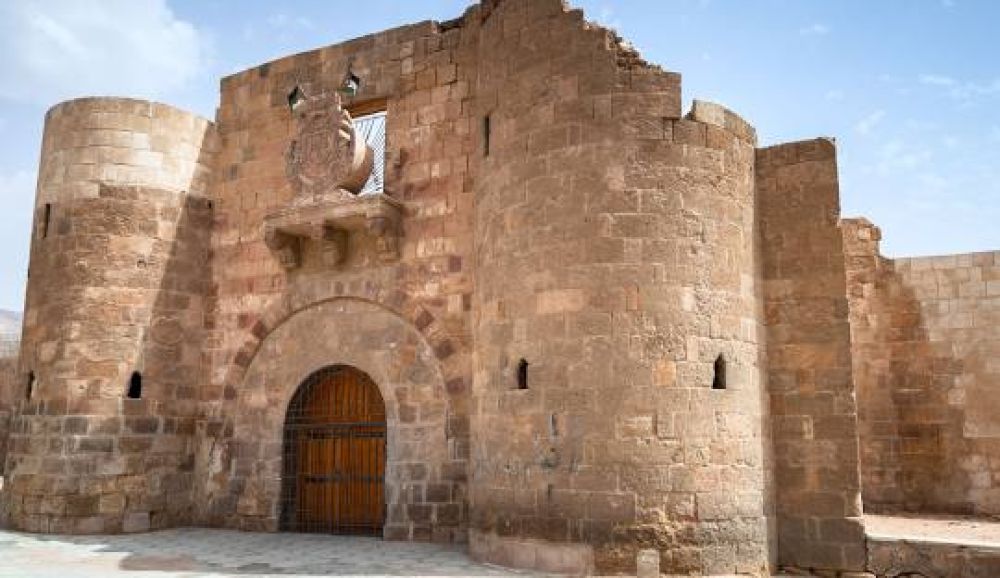

Aqaba Castle, also known as Aqaba Fort, is an enduring historical monument located in the city of Aqaba, Jordan's only coastal city. Its strategic location at the crossroads of land and sea trade routes has given it a rich and diverse history, with its roots stretching back to the 14th century when it was built by the Mamluk Sultan Al-Ashraf Qansuh Al-Ghuri.
The castle underwent multiple renovations under the rule of the Ottoman Empire. It stands as a testament to the varied historical influences that have shaped the region, including the Crusades and the Arab Revolt during World War I. The fort was famously captured by Arab forces led by T.E. Lawrence, an event that was later romanticized in the film "Lawrence of Arabia."
Tourism in Aqaba and at Aqaba Castle has developed steadily over the past few decades, largely due to Jordan's commitment to showcasing its wealth of historical and archaeological treasures. Visitors are drawn to the region not only for its biblical and cultural significance but also for the beauty of the Red Sea's rich marine life.
The castle itself offers visitors a glimpse into the past, with exhibits displaying artifacts that recount the area's multifaceted past. The nearby Aqaba Archaeological Museum, which is housed in the old residence of Sharif Hussein Bin Ali, adds context to the fort's history and significance.
In recent years, Aqaba has become a hotspot for eco-tourism and adventure tourism, catering to tourists interested in diving, snorkeling, and other water sports, thanks to its vibrant coral reefs and marine life. The development of luxury resorts, and the opening of the Aqaba Special Economic Zone Authority (ASEZA), has significantly boosted the quality and quantity of services available to international tourists.
Sustainable tourism is also a growing trend in the area, with increased sensitivity towards the preservation of Aqaba's natural and historical heritage. This is evidenced by projects aiming to protect and rehabilitate coral reefs and promote awareness amongst visitors of the need to maintain the delicate ecological balance.
The Jordan Trail, a long-distance hiking path stretching the length of the country, has recently gained attention and includes Aqaba as a key destination on its route. This trail offers an immersive approach to experiencing the culture and landscape of Jordan and has significantly contributed to the diversification of tourism in the region.
Conferences and events have become a part of the tourism landscape, with Aqaba playing host to various international gatherings, leveraging the city's modern facilities and historical attractions, such as Aqaba Castle, as a draw for delegates and visitors.
Overall, Aqaba Castle's multifaceted history and the city's commitment to sustainable development and high-quality tourism experiences present a compelling destination for visitors from around the globe.